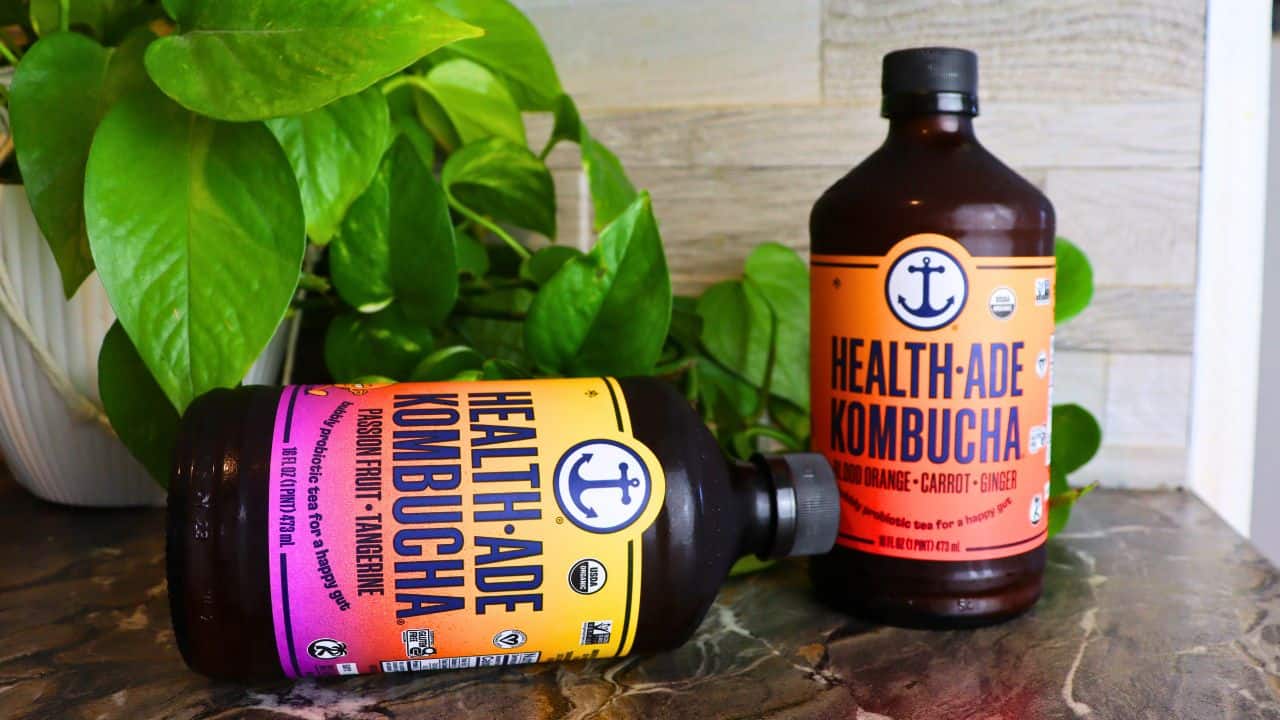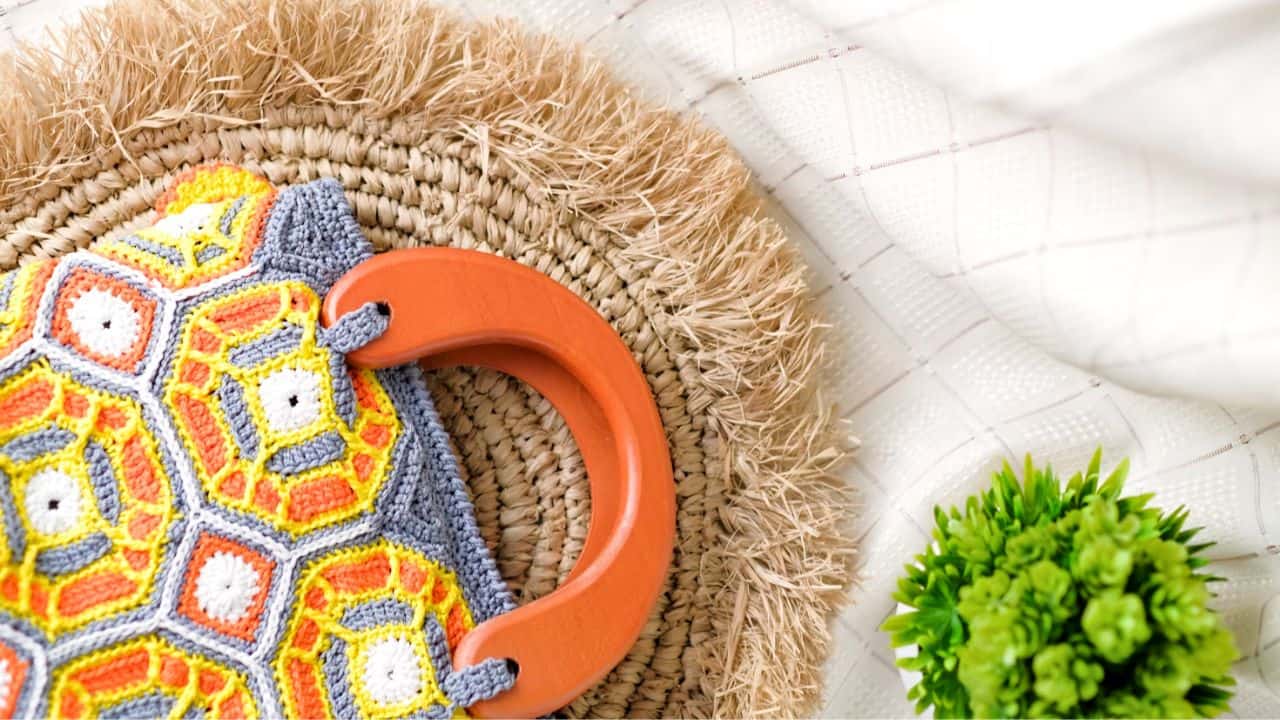We are eating, drinking and breathing in our clothes. Yet, ‘the jumper you’re wearing” isn’t ever going to be an ingredient listed in that sea salt you’re sprinkling over your chicken dinner. It won’t be listed in the chicken you’re eating either, or the water you’re drinking.
You may already be familiar with microplastics polluting our oceans and wastestreams, and you may be investing in a greener lifestyle, but it doesn’t stop you from contributing to one-third of the microplastics that end up in the sea.
It’s understood that synthetic clothes represent around 60% of clothing material worldwide. They’re made from plastics and oil byproducts, commonly creating polyester, nylon, acrylic, rayon and microfibres. They don’t biodegrade when you’re done, they just fragment into tiny pieces.

Every time synthetic clothes are washed, tiny pieces of plastic break free and flow right into our waste stream. Our washing machines don’t have a filter to catch them as they go, meaning that tiny pieces of our clothes are ending up on beaches, in Arctic ice, in the tap water that you may be drinking right now and possibly even in the food you’re having later.
It is thought that 35% of microfibres come from washing our clothes, according to a 2017 International Union for Conservation of Nature report.
Over the last year, the Institute for Polymers, Composites and Biomaterials of the Italian National Research Council (IPCB-CNR) and the Netherlands-based Plastic Soup Foundation have tested synthetic clothes from four global fashion brands.
A Zara blouse, made from 100% polyester on the front and a blend of cotton and modal on the back, lost an average of 307.6mg of fibres per kg every time it was washed. In fact, after a few washes, it lost so many fibres that it started to disintegrate.
“This is what you call fast fashion. It disappears in front of your eyes,” said Maria Westerbos, director and founder of the Plastic Soup Foundation.

“”Synthetic clothes represent around 60% of clothing material worldwide””
T-shirts from Adidas and Nike, both made out of 100% polyester, lost around 125mg of fibres per kg each, whereas an H&M blouse, made out of 65% recycled polyester, lost significantly less, 48.6mg per kg to be precise.
Adidas is currently the only brand who have been actively seeking a solution since these findings were shared with them, according to the Plastic Soup Foundation.
“Although the outcome is shocking and three out of four of the fashion brands performed ‘badly’, we cannot compare them. It depends on what fabric has been used and how the yarn is made: what (combination) of materials, but also if the fibres are long or short, or if the yarn is woven or knitted. We need a benchmark to be able to compare yarn, but no fashion brand in the world is willing to pay for that, ” Westerbos said.

How can we stop washing microfibres into our oceans?
Slovenian startup, Planet Care, has created a filter that can be placed in washing machines. It collected 80% of microplastics from the Adidas and Nike T-shirts tested by the ICPB-CNR and Plastic Soup Foundation.
“The T-shirts from Nike and Adidas were washed one more time in order to test the filter, with a successful outcome. Although this solution is end-of-pipe, it is at least a working solution,” said Westerbos.
She advises all washing machine manufacturers to add these filters into their products immediately. Individuals can also buy Planet Care filters to add on themselves.
For clothes that have not been created yet, IPCB-CNR has developed a pectin coating that can be added to the yarn and could potentially prevent 80% of microfibre release, as part of the Mermaids Life+ research (2014-2018). Yarn manufacturer, Sympatex Technologies, is funding further research into this solution.
Last month in February 2019, a new collaborative campaign was announced at the ISPO 2019 Trade Fair to raise awareness and find solutions to microfibre release. Many ethical organisations, including Sympatex, the Plastic Soup Foundation, IPCB-CNR, Plastic Leak Project, Planet Care, Portsmouth University and Ruby Moon, are leading the way.
Jo Godden, the founder of RubyMoon, who makes activewear out of ocean plastics, said: “RubyMoon want to stop our garments leaching microfibres, and although we are stopping fishing nets leaching already – that is not enough. Synthetic fibre production is on the increase, particularly from oil, so we have to do something and quick.”
Discover other ways you can help your clothes help the environment here.
Want more natural fibres? Here are our favourite ethical knitwear brands.
Pippa Moyle is a writer and environmentalist and the founder of the City Girl Network and Trash Talk campaign.










